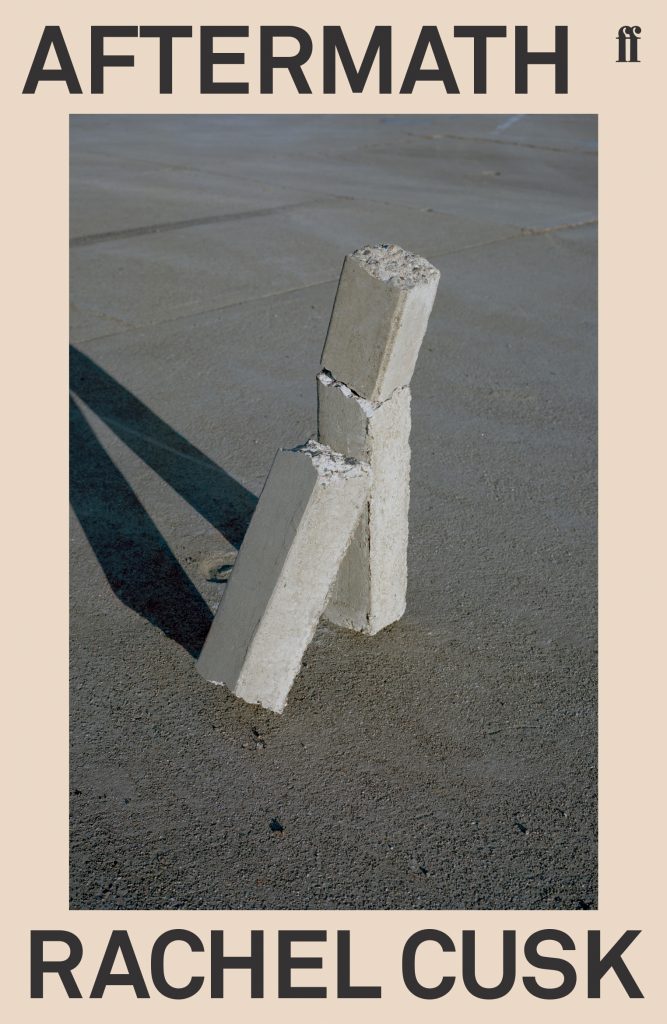When I reread Deborah Levy’s Swimming Home a month or so ago I found it astonishing to remember that the book was published in 2012, more than a decade old already and yet still, in my head at least, so enmeshed in and essential to our literary present.

The same could be said of Rachel Cusk’s Aftermath: On Marriage and Separation, published the same year and which I have finally, belatedly caught up with. I remember reading the press at the time, intrigued by the outrage the book seemed to be causing, though not enough to dive in immediately. I felt instinctively on the side of the writer, who seemed to have committed no other sin than have the temerity to say what she thought.
That writers say what they think seems to cause outrage rather too often, especially if the writer is a woman.
I feel amazed, disappointed, tired as I reread the reviews of Aftermath from the week of publication. Frances Stonor Saunders and Julie Burchill damning with faint praise, their responses inadvertently, embarrassingly sexist and profoundly un-literary. Burchill finds the final chapter of Aftermath ‘baffling’; Saunders thinks it ‘bizarre’ and feels it ‘should [have been] dumped altogether’. Most of the discussion seems to revolve not around Cusk’s astringent analysis, her mastery of language and form, but – as with Julie Myerson’s The Lost Child – whether or not she ‘should’ have written the book at all.
Aftermath is one of the most powerfully interrogative, furiously honest and boldly imaginative texts I have read. The final chapter is what makes the book a masterpiece. Always, but especially now, I feel grateful, inspired, humbled to have such talent to look up to, to show me what can, with sufficient courage, be achieved.